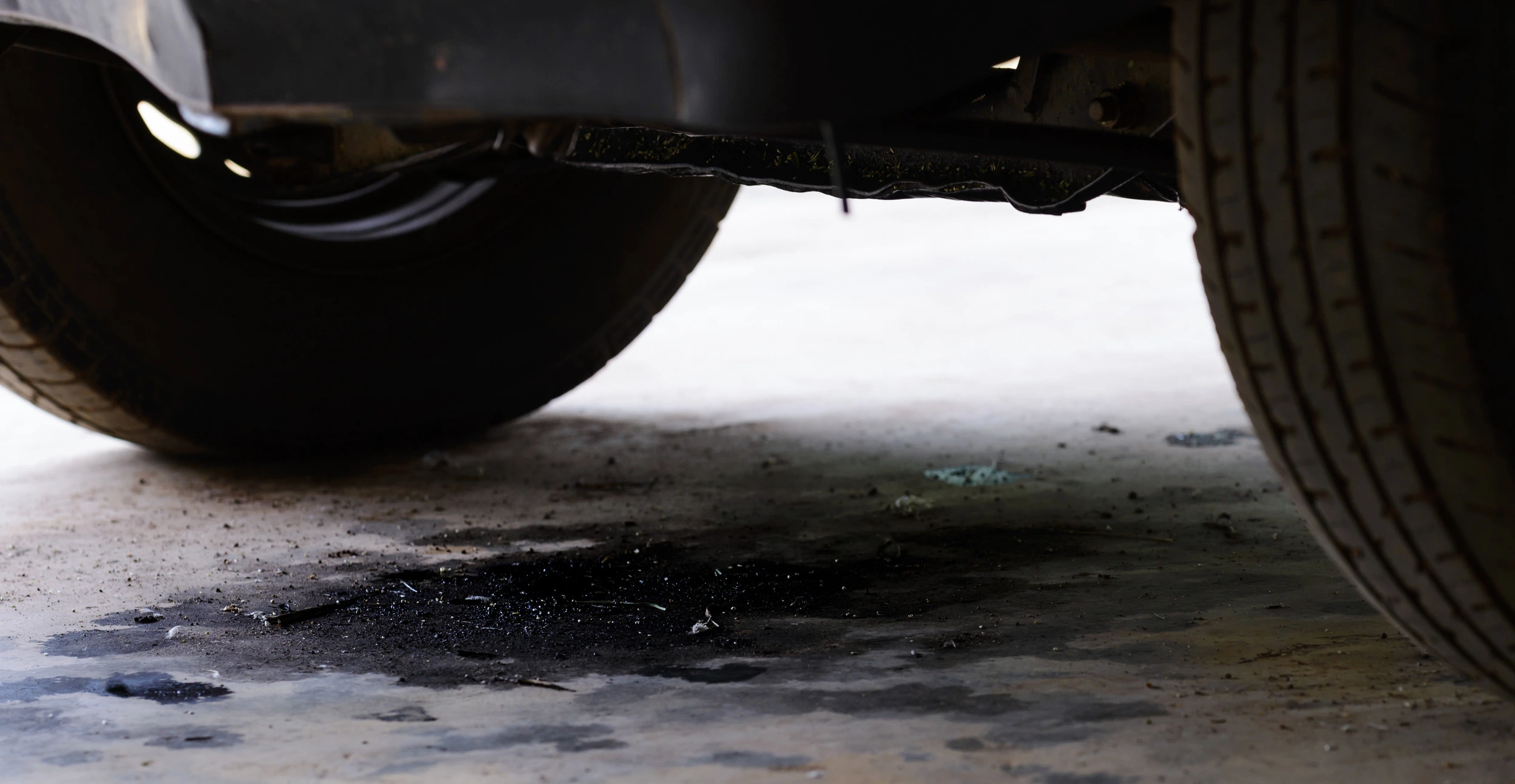Common Causes of Oil Leakage In Car You Should Know About
06 Feb 2026

An oil leak is a concerning sight for any driver, often appearing as a dark stain on the pavement or a steady drip beneath the engine. Left unchecked, oil leakage in car can lead to serious mechanical issues and costly repairs. Understanding the common causes of oil leakage is essential for maintaining engine health and ensuring peak performance. In this guide, we’ll explore the key factors behind oil leaks and how addressing them promptly can save you from future headaches.
Understanding Engine Gaskets and Seals
Vehicle engines rely on a network of gaskets and seals to contain oil. Degradation over time, or due to extreme temperatures, can cause these components to fail and result in an oil leak. The most notorious among these is the head gasket, which, when compromised, allows oil to escape. Similarly, valve cover gaskets may deteriorate, leading to oil leaks that are both detrimental to engine health and challenging to detect.
The Impact Of Oil Pressure On Leaks
The durability and efficiency of a car's engine are intrinsically linked to the efficacy of its lubrication system, which mitigates friction, regulates temperature, and purges contaminants. A breach in this system, such as an engine oil leak, can precipitate a downturn in performance, escalate component wear, and risk severe engine harm.
The engine's oil is pressurised, navigating through various channels; should the pressure mount excessively due to blockages or valve failures, oil can be expelled through any available vulnerabilities. Timely and thorough maintenance is key to ensuring these pressurised systems are unobstructed and the oil pressure remains within safe limits, preventing leakages and preserving the engine's condition
The Impact Of Poor Maintenance And Gradual Degradation On Engine Components
As vehicles age, so do their engines. Components like oil pans and timing cover seals wear down with time and usage. Minor impacts from road debris can also compromise the integrity of the oil pan, leading to leaks. Moreover, as engines clock more miles, seals and grommets may harden and crack, a natural degradation process that eventually affects all vehicles. This inevitable wear can be exacerbated by neglecting routine engine maintenance, thereby setting the stage for an increased risk of leaks.
Inadequate maintenance can significantly increase the likelihood of oil leaks. Skipping oil changes or using incorrect oil types can lead to the accumulation of sludge. This buildup strains the oil filtration system and can lead to increased pressure, promoting leaks. Hence, adherence to recommended service intervals is not only good practice but a preventative measure against leaks.
Can You Drive a Car with an Oil Leak?
You can technically drive a car with an oil leak, but such an action is ill-advised due to the significant risks it poses to the engine's health and overall vehicle safety. Continuous operation with a leak can drastically reduce lubrication and cooling, which may lead to the failure of crucial engine components over time.
To mitigate these risks, regular inspections and immediate action upon noticing signs of leakage are critical. Adopting the use of high-quality oil and components during maintenance routines helps prevent the premature wear of seals and gaskets. Moreover, a commitment to regular checks and a proactive stance against potential leaks are indispensable for maintaining engine health. Maintaining this level of care guarantees the vehicle's reliability and secures sustained performance.
Contact us for more information on our range of engine oil products.

